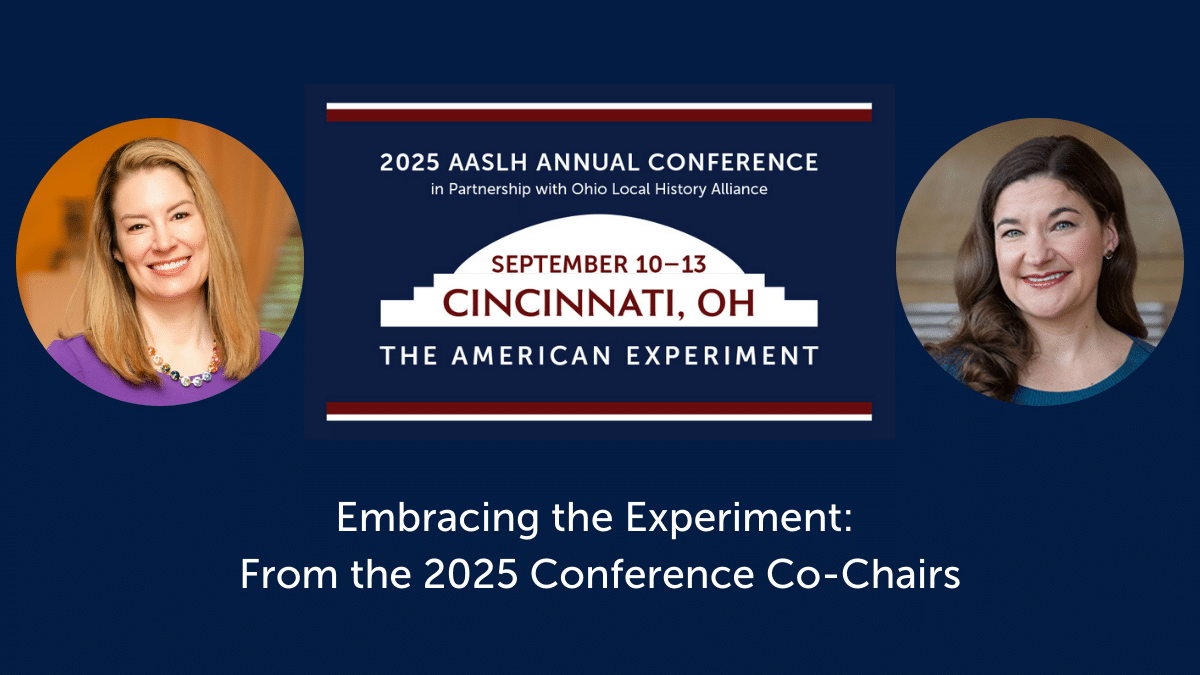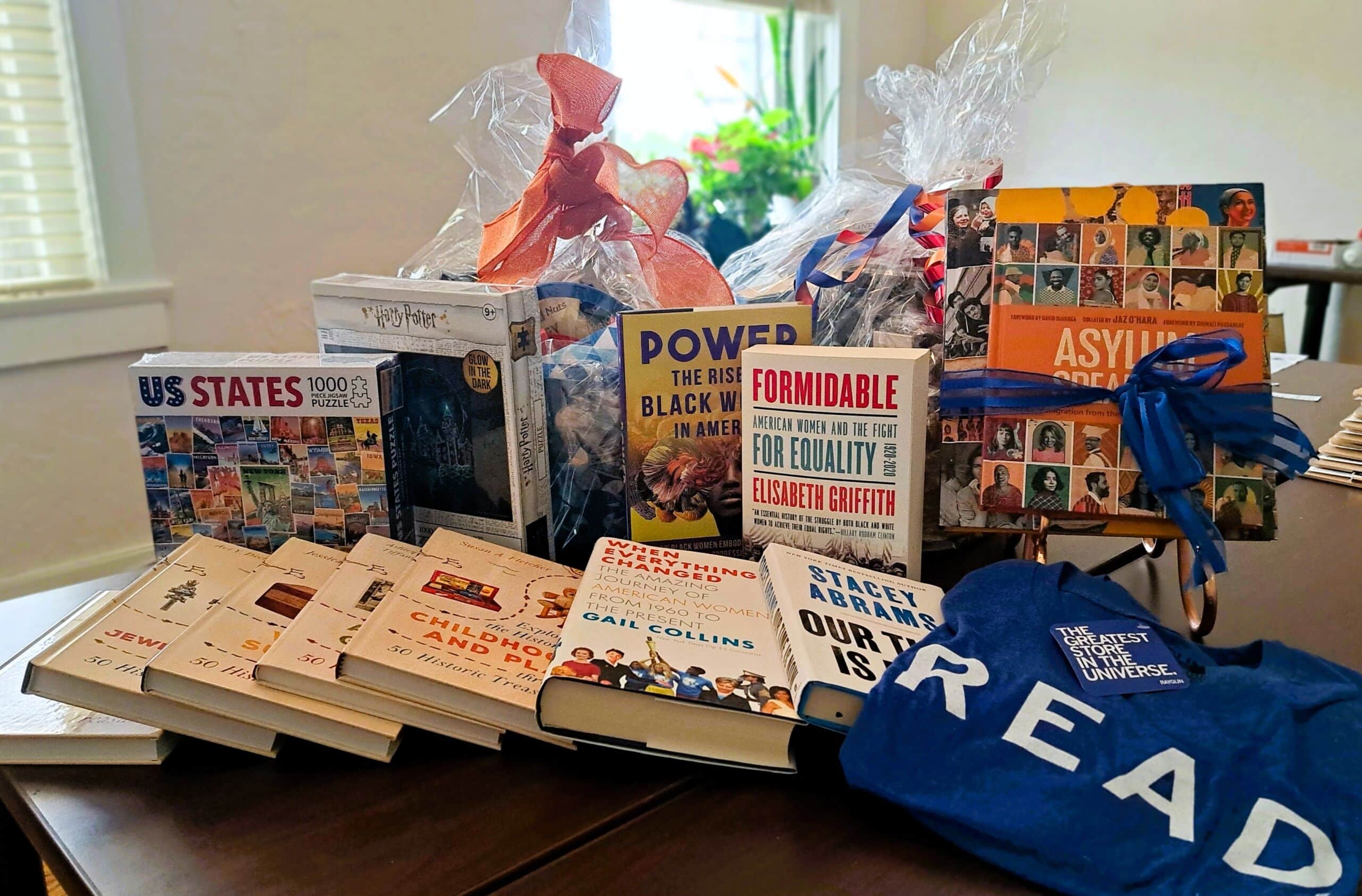By Zachary Stocks
Like many attendees of the AASLH Annual Meeting in Austin this year, I found it difficult to engage in conversations about history while our current events were so troubling. It’s ironic that as the nation debated transferring Confederate monuments to museum collections, museum professionals gathered and discussed what that would look like, and how we as history professionals can appropriately interpret our complex heritage.
Austin was the perfect setting for this conversation –and this conference—to happen, as the city had recently grappled with what to do with its own monuments and the legacy of intolerance they represent. Personally, I was pleased to see that the UT statue of Jefferson Davis had been relegated to a (fantastic) exhibition in the Briscoe Center where the repugnant motivations for its construction were clearly documented by primary sources. Other attendees disagreed. And we disagreed with one another, publicly, in this exhibition. While I can downplay this contentious interaction now, the moment speaks volumes about how the ugly parts of our shared history can evoke such strong emotions, and how crucial a role museums play as ambassadors of memory and collective identity.
 This year I was proud to be honored with a Douglas Evelyn scholarship for diverse history professionals. As a recipient, I was keenly aware of the significance of the meeting’s 2017 theme, I AM History. It was important for me to remind myself that the experience I bring as a black museum professional is, indeed, valuable, especially as backlash to diverse perspectives in history has had deadly consequences. While the sessions were useful, I’ll ultimately remember the conversations I had with colleagues outside of the sessions most of all. The integrity and fearless leadership represented by attendees I met was truly reassuring, as their willingness to stand up for the values of their staff and communities is emblematic of the best our field has to offer.
This year I was proud to be honored with a Douglas Evelyn scholarship for diverse history professionals. As a recipient, I was keenly aware of the significance of the meeting’s 2017 theme, I AM History. It was important for me to remind myself that the experience I bring as a black museum professional is, indeed, valuable, especially as backlash to diverse perspectives in history has had deadly consequences. While the sessions were useful, I’ll ultimately remember the conversations I had with colleagues outside of the sessions most of all. The integrity and fearless leadership represented by attendees I met was truly reassuring, as their willingness to stand up for the values of their staff and communities is emblematic of the best our field has to offer.
This year has been emotionally trying for so many people, myself included. While I often miss the support system of the African American museum where I nurtured my early career in, I am more confident than ever that places which examine the past are leading the conversations about our future. And I believe that they will come out on the right side of history by continuing to offer us places for reflection, understanding, and even debate.




